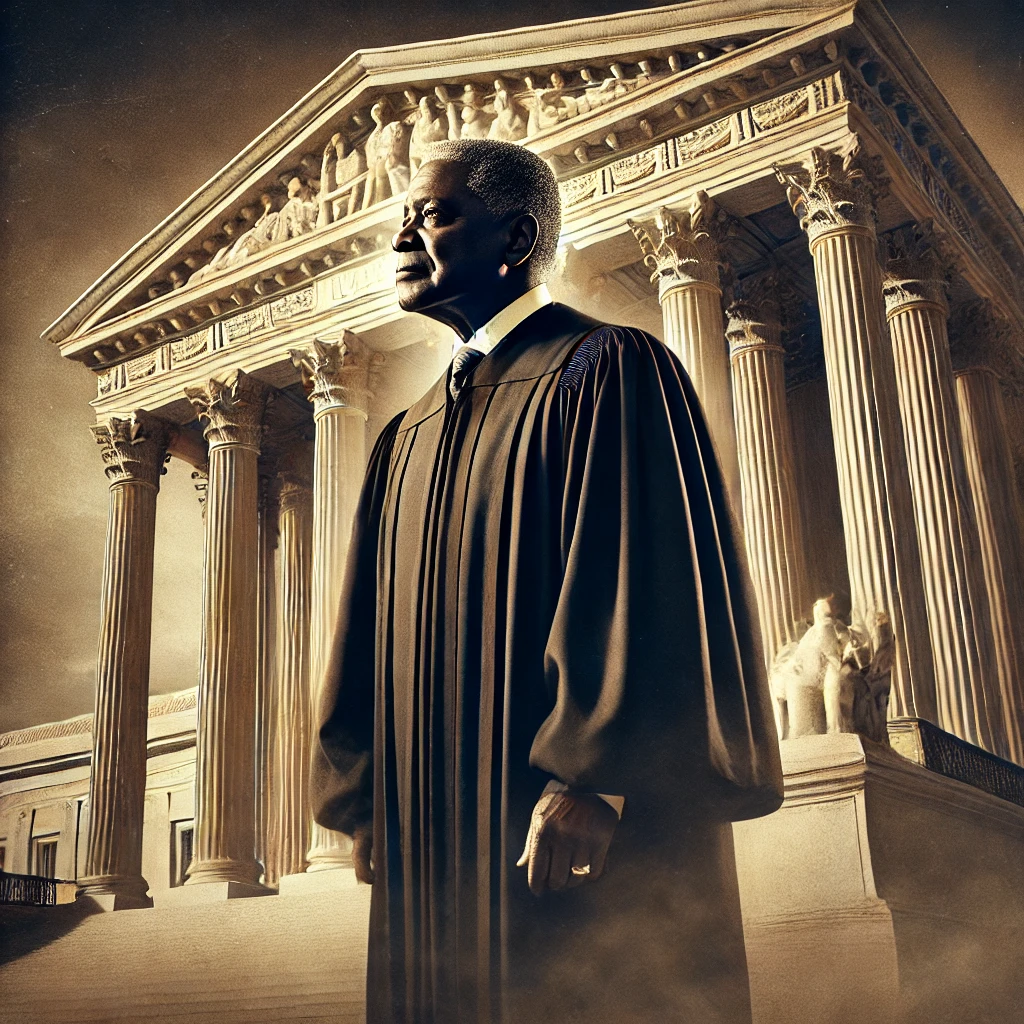On August 30, 1967, Thurgood Marshall was confirmed as the first African American Justice of the United States Supreme Court. His appointment marked a historic moment in American history and represented a significant milestone in the ongoing struggle for civil rights and equality. Marshall’s confirmation was the culmination of a distinguished career as a lawyer and public servant dedicated to advancing justice and civil rights.
Thurgood Marshall was born on July 2, 1908, in Baltimore, Maryland. Before his appointment to the Supreme Court, he had a remarkable career as a lawyer and civil rights advocate. As the Chief Counsel for the NAACP Legal Defense and Educational Fund, Marshall argued several landmark cases before the Supreme Court, including the pivotal case of Brown v. Board of Education in 1954. This landmark decision declared racial segregation in public schools unconstitutional and was a significant victory for the civil rights movement.

The Confirmation Process
Marshall’s confirmation process was closely watched and marked by both support and opposition. Nominated by President Lyndon B. Johnson, Marshall faced intense scrutiny and debate during his confirmation hearings. The hearings, which began in July 1967, were a platform for discussing his judicial philosophy, legal expertise, and commitment to civil rights. Despite some opposition from conservative senators and groups, Marshall’s qualifications and contributions to civil rights earned him widespread support.
On August 30, 1967, the Senate confirmed Marshall’s appointment with a vote of 69 to 11. His confirmation was celebrated as a landmark achievement for the civil rights movement and was a testament to his exceptional legal career and commitment to justice. Marshall’s appointment was seen as a significant step toward a more inclusive and representative judiciary, reflecting the changing attitudes and progress in American society.

Legacy and Impact
Thurgood Marshall’s legacy as a Supreme Court Justice is marked by his unwavering commitment to civil rights, equality, and justice. Throughout his tenure on the Court, he was known for his advocacy of individual rights and his opposition to discrimination. His judicial philosophy emphasized the protection of civil liberties and the importance of interpreting the Constitution in a manner that promotes justice and equality for all.
Marshall’s impact extended beyond his time on the bench. He was a trailblazer and role model for future generations of legal professionals and civil rights advocates. His contributions to American jurisprudence and his role in shaping the legal landscape continue to be celebrated and remembered. His confirmation on August 30, 1967, remains a landmark event in American history, symbolizing progress and the ongoing pursuit of justice and equality.

Thurgood Marshall’s confirmation as the first African American Supreme Court Justice was a historic achievement that highlighted his remarkable career and dedication to civil rights. His legacy endures as a powerful reminder of the importance of representation, justice, and the ongoing quest for equality in American society.
